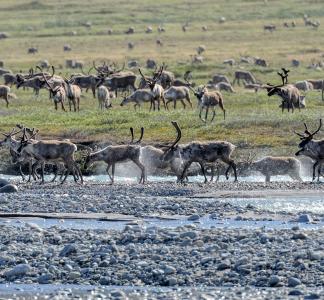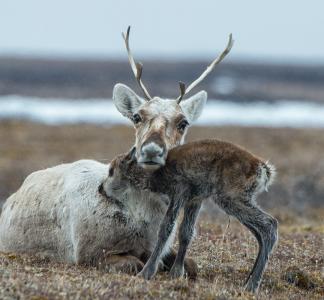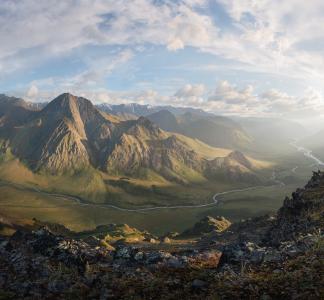Coming months could be decisive for Arctic Refuge
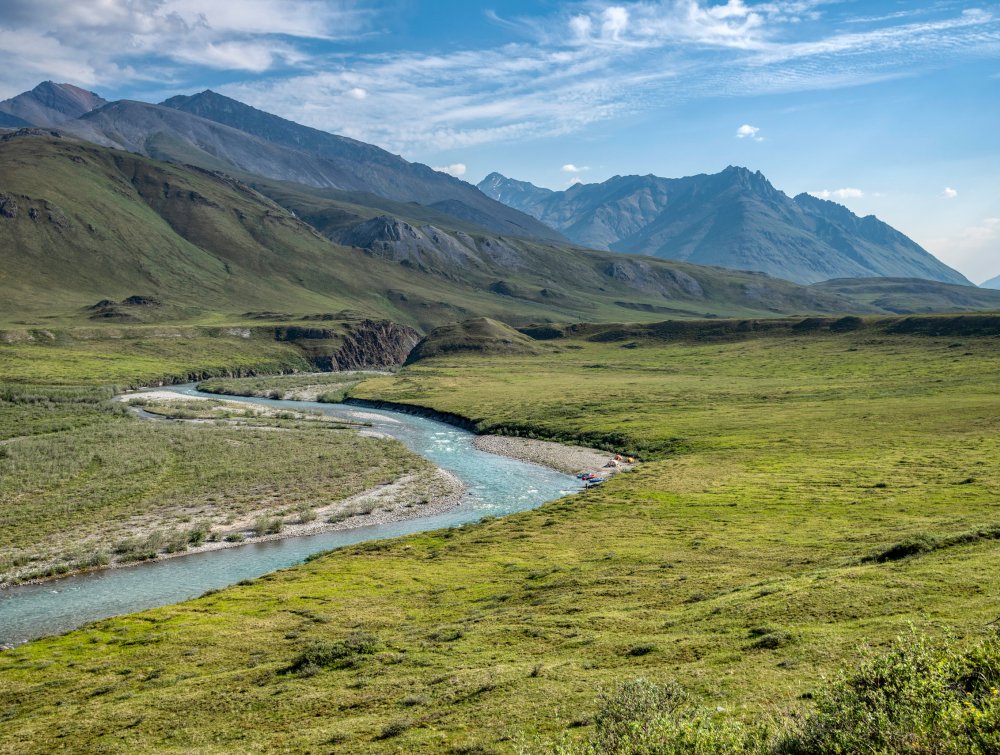
The Arctic National Wildlife Refuge
Edward Bennett/Bennett Images LLC
The time is now to protect the refuge from oil and gas drilling
In 2017, Congress made a decision that changed the course of the Arctic National Wildlife Refuge by allowing oil and gas drilling within its borders. The move exposed the landscape, local wildlife and Indigenous people to the dangers of fossil fuel development. The time has come for Democrats to use a similar congressional tool to reverse course and permanently protect this irreplaceable land.
The decision to open the refuge to oil and gas rigs was made through the legislative tool known as budget reconciliation, a process that makes it easier to approve bills. With the path wide open, the first sale of industrial leases took place earlier this year on the sensitive coastal plain. If nothing changes, the Biden administration is required by law to hold a second lease sale in 2024.
This is the perfect time—and our best chance—to restore the protections for the refuge’s 1.5 million-acre coastal plain.
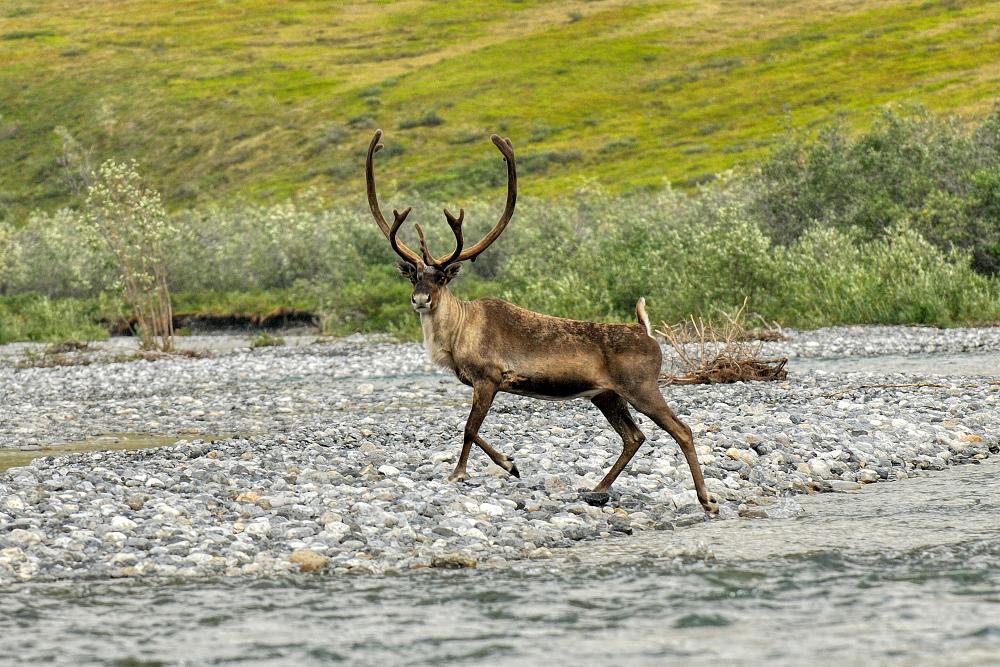
The coastal plain of the Arctic Refuge is the calving ground of the Porcupine Caribou Herd.
Edward Bennett / Bennett Images LLC
Over the next few months, legislators in the House and Senate will be working through a similar process to approve legislation related to infrastructure and climate change. This is the perfect time—and our best chance—to restore the protections for the refuge’s 1.5 million-acre coastal plain.
As lawmakers work on this round of budget reconciliation, casting multiple votes to decide their priorities, it is vital they hear from constituents. They need to understand that the Arctic Refuge is worth safeguarding: it’s one of the last great wild places in America. More than that, we have a moral obligation to protect it.
Oil and gas drilling in the Arctic Refuge would not only damage the environment but also trample on the human rights of Indigenous people. The activity would compromise the calving grounds of the Porcupine Caribou Herd. As a result, it would threaten the way of life of Indigenous peoples who depend on a healthy caribou herd to feed their families and sustain their cultures.
Repealing the 2017 mandate for lease sales is the most important step Congress can take right now to protect Gwich’in and Iñupiat communities. Restoring protections on this land would also avoid the burning of even more fossil fuels as we try to slow down the climate crisis.
